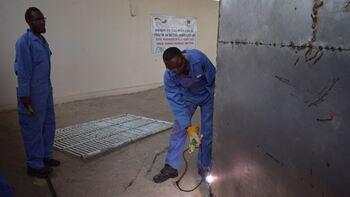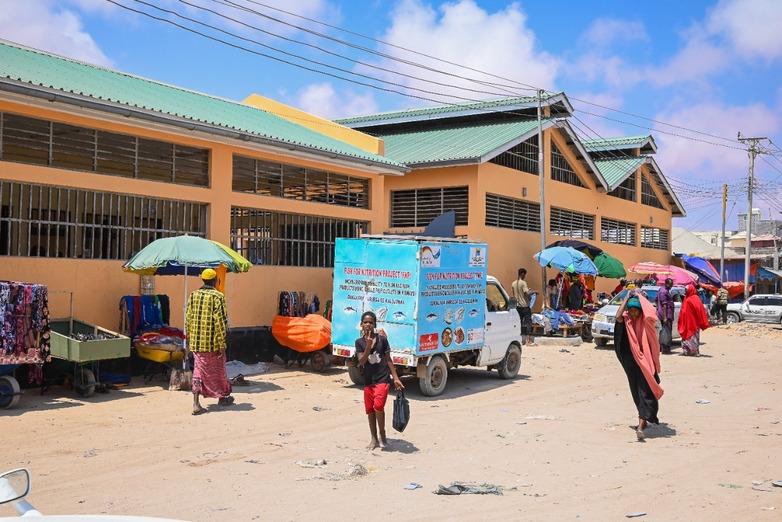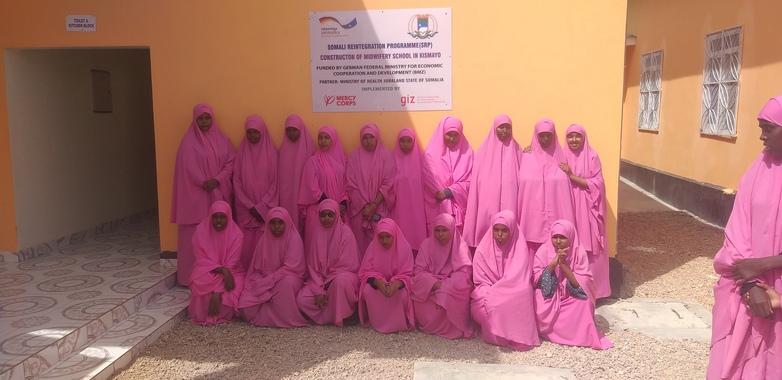Context
Somalia has been classed as a fragile state since 1991. For three decades, the country has been afflicted by civil wars, political instability and attacks by the Al Shabaab terrorist group. According to the United Nations High Commissioner for Refugees (UNHCR), more than 93,000 Somali refugees have voluntarily returned to Somalia from various asylum countries since December 2014, including from Kenya, Yemen, Djibouti, Libya, Tunisia and Eritrea.
The returnees join the host community and internally displaced people. Conflicts arise when these groups compete for the same scarce resources. Many of the returnees are female and often the sole breadwinners in their families. Nonetheless, many have difficulty finding a job because they often lack adequate education and training. In addition, gender-based violence and domestic violence against girls and women are on the rise in the project region.
Objective
The livelihoods of returnees, internally displaced people and the local population in Kismayo have improved.



